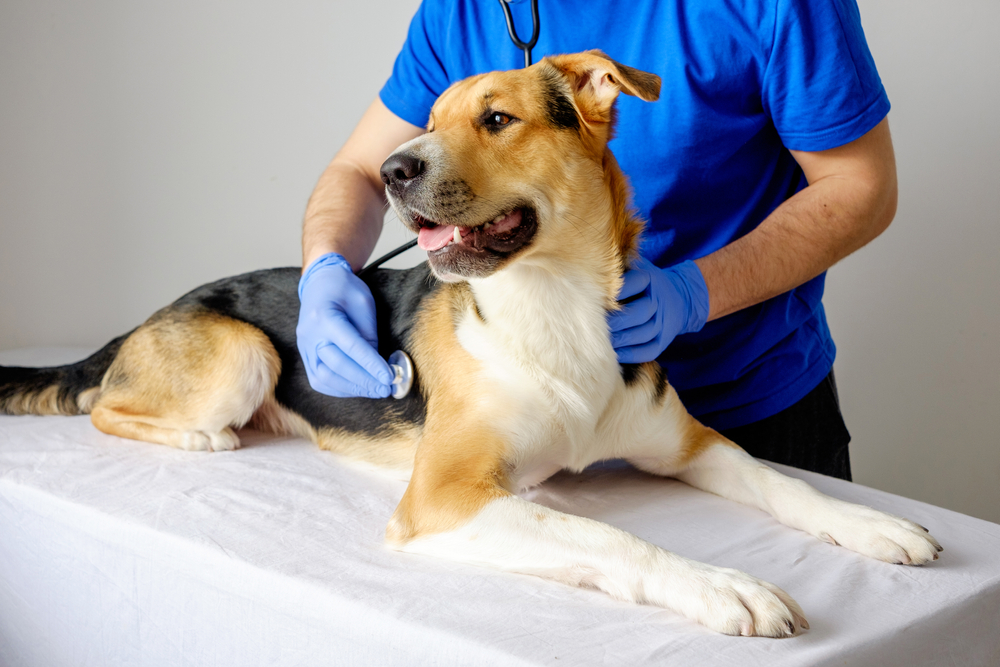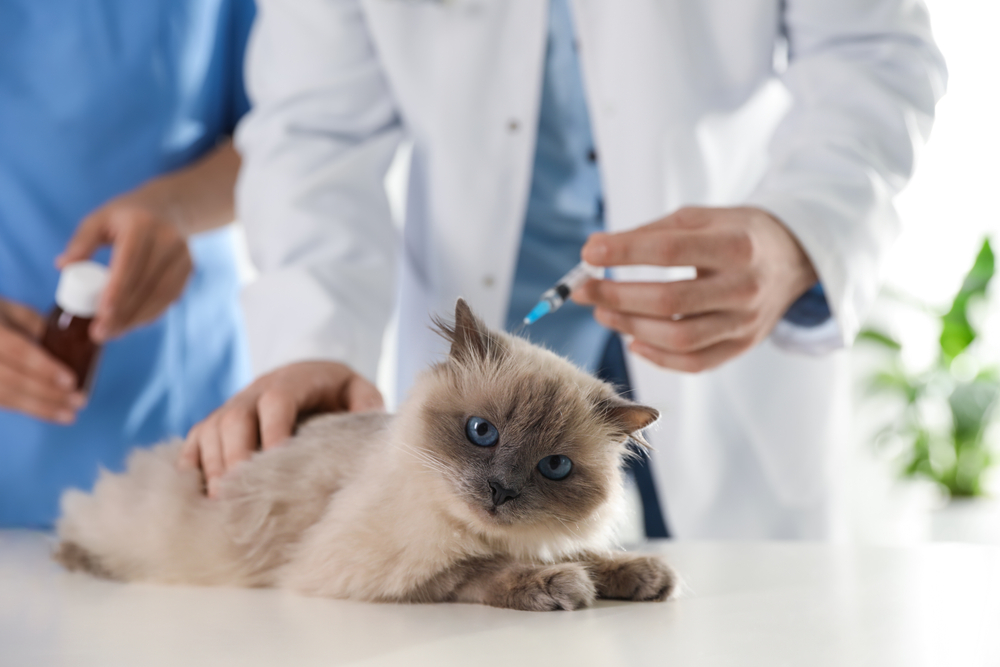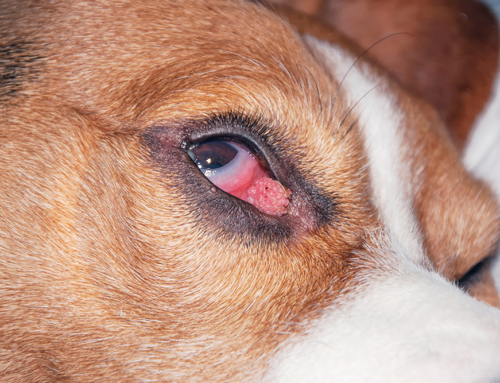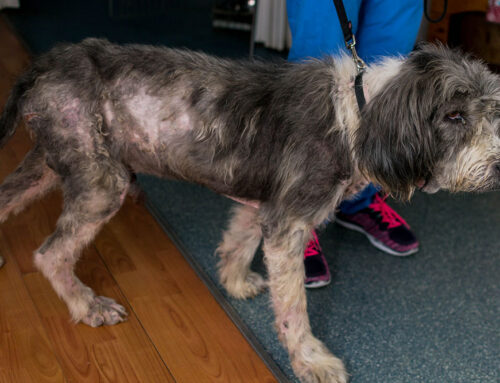The Ongoing Importance of Pet Vaccinations
When that reminder card arrives, it’s easy to wonder: are vaccines still necessary? The answer is that immunity fades over time, and the viruses and bacteria that cause disease continue to circulate. From rabies to distemper, vaccination is the most reliable way to keep pets healthy at every stage of life, from curious puppies and kittens to calm senior companions.
At Boca Midtowne Animal Hospital in Boca Raton, FL, pets receive customized vaccine schedules in a Fear Free environment that reduces stress while keeping them fully protected.
Understanding Life Stage Vaccination Needs
The Importance of Vaccinations for Every Age
Pet vaccinations matter from the first weeks of life through old age. Puppies and kittens lose maternal antibodies by about 16 weeks, leaving them unprotected until their vaccine series is complete. Adult pets need boosters to maintain immunity, and senior pets may require adjustments based on their health and daily routines.
Diseases such as canine distemper and rabies can affect animals of any age. Because rabies is fatal and transmissible to humans, it is required by law in most areas. Your veterinarian uses your dog’s life stage and cat’s life stage to design a vaccination plan that keeps your pet protected without unnecessary stress or over-vaccination.
Vaccines Over a Lifetime: What Changes as Pets Grow
Puppies and Kittens: Vaccines are given every few weeks until about 16 to 18 weeks of age to build strong, lasting immunity. Skipping or delaying boosters during this time can leave dangerous gaps in protection when young immune systems are still developing.
Young Adults and Adventurers: Once fully vaccinated, pets need yearly boosters to maintain protection. This stage often includes more exposure to new places like dog parks or boarding, making lifestyle vaccines such as Bordetella, canine influenza, or feline leukemia virus especially important.
Middle-Aged Homebodies: As pets mature, they may stay closer to home. Your veterinarian can adjust vaccine frequency to reflect lower exposure while maintaining core protection such as rabies. Combining vaccines with preventive screenings also helps catch early signs of illness.
Senior Companions: Older pets may have slower immune responses and different needs. Regular wellness visits allow your veterinarian to tailor vaccine schedules, ensuring comfort and safety while keeping vital disease protection in place.
Core Vaccines: The Foundation of Protection
Core vaccines protect against the most serious and widespread diseases. They are considered essential for all pets, regardless of age or lifestyle.
Rabies for Dogs and Cats
The rabies vaccine protects both animals and people. Wildlife in South Florida can carry rabies, and between 20 and 50 pets contract the disease annually in Florida. Even pets who rarely go outside need this protection, as exposure can happen unexpectedly.
Core Vaccines for Dogs
Distemper: The distemper vaccine protects against a virus that affects the respiratory, gastrointestinal, and nervous systems. It is often fatal without vaccination and spreads quickly among unprotected dogs.
Hepatitis: The hepatitis vaccine guards against canine adenovirus, which can damage the liver, kidneys, and eyes. It is a critical part of the combined DHPP shot.
Parvovirus: Canine parvovirus remains a common and deadly threat, especially to puppies. It causes severe vomiting, diarrhea, and dehydration, and vaccination is the best line of defense.
Parainfluenza: This respiratory virus contributes to kennel cough outbreaks and is included in core combination vaccines to provide broader protection.
Leptospirosis: Dogs that swim, drink from puddles, or encounter wildlife need the leptospirosis vaccine. This bacterial infection can harm the kidneys and liver and may also infect humans.
Core Vaccines for Cats
Feline Viral Rhinotracheitis: This virus causes upper respiratory infection, leading to sneezing, eye discharge, and fever. Vaccination helps reduce symptoms and spread in multi-cat environments.
Calicivirus: Another major cause of feline respiratory disease, calicivirus can lead to mouth ulcers and pneumonia. Vaccination minimizes illness severity and transmission.
Panleukopenia (Feline Distemper): Feline core vaccines also protect against this often fatal virus, which attacks the immune system and digestive tract. Even indoor cats can be exposed through contaminated clothing or surfaces.
Feline Leukemia Virus (FeLV): The feline leukemia virus vaccine is recommended for kittens, outdoor cats, and those who may encounter unfamiliar cats. FeLV weakens the immune system and increases the risk of anemia and cancer, making vaccination a critical part of long-term prevention.
Non-Core Vaccines for Dogs: Based on Lifestyle
Non-core vaccines are recommended according to your dog’s lifestyle and environment. They offer targeted protection against diseases that core vaccines do not cover.
Kennel Cough: Kennel cough spreads rapidly in social settings such as boarding facilities, grooming salons, and dog parks. Vaccination helps prevent persistent coughing and respiratory illness.
Lyme Disease: The Lyme disease vaccine protects dogs that spend time in wooded or grassy areas where ticks thrive. It prevents Borrelia burgdorferi infection, which causes joint pain, fever, and kidney problems.
Rattlesnake Vaccine: The rattlesnake vaccine is useful for dogs living or hiking in snake-prone regions. While it does not replace emergency treatment, it may reduce the severity of venom effects after a bite.
Canine Influenza: The canine influenza shot is recommended for dogs that board, attend daycare, or socialize frequently. It helps prevent contagious flu viruses that cause coughing, nasal discharge, and fatigue.
Non-Core Vaccines for Cats: Tailored Protection
Feline Leukemia Virus: Cats with outdoor access, at risk of escaping, or that have contact with unfamiliar cats (even through window screens) should continue to receive the feline leukemia virus vaccine.
Bordetella: The Bordetella bronchiseptica vaccine helps prevent contagious respiratory infections. It is especially important for cats living in shelters, multi-cat households, or boarding environments.
Handling Side Effects from Vaccinations
Most pets experience only mild effects such as soreness, fatigue, or temporary loss of appetite after vaccination. Severe reactions like facial swelling, hives, or vomiting are rare but should be addressed right away. Although vaccine reactions are rare, knowing help is nearby provides peace of mind. Boca Midtowne Animal Hospital offers urgent care services for any concerning changes after vaccination.
A very small number of cats (about 1 in 20,000) may develop a vaccine-associated sarcoma, a localized tumor at the injection site that can appear months or years later. While this is extremely rare, it reinforces the importance of proper vaccine choice, expert vaccine handling, and placement.
AAHA-accredited practices like Boca Midtowne Animal Hospital follow the highest safety standards for vaccine storage, administration, and tracking. This ensures each vaccine is appropriate for your pet’s needs and delivered with precision. If your pet has ever had a reaction, your veterinarian can adjust timing, vaccine type, or injection site for future visits.
Building a Relationship with Your Veterinarian
Vaccination appointments also serve as full health evaluations. They allow your veterinarian to catch early changes in your pet’s weight, behavior, or dental health and update vaccines based on age and lifestyle.
Boca Midtowne Animal Hospital’s concierge veterinary care membership supports priority appointments, virtual care, and personalized recommendations in addition to all your pet’s yearly core vaccinations and parasite screenings.

Protecting Your Pet’s Future Health
Vaccines remain one of the safest and most effective ways to protect your pet’s health. As your pet ages, their needs may change, but prevention will always be the cornerstone of a long, healthy life.
If you have questions about vaccine schedules, side effects, or your pet’s specific risks, our team is here to guide you. Boca Midtowne Animal Hospital provides comprehensive veterinary services in a Fear Free setting where every visit is calm, compassionate, and focused on your pet’s well-being.
Contact Boca Midtowne Animal Hospital or request an appointment today to keep your pet protected- from their first vaccines to their golden years.






Leave A Comment